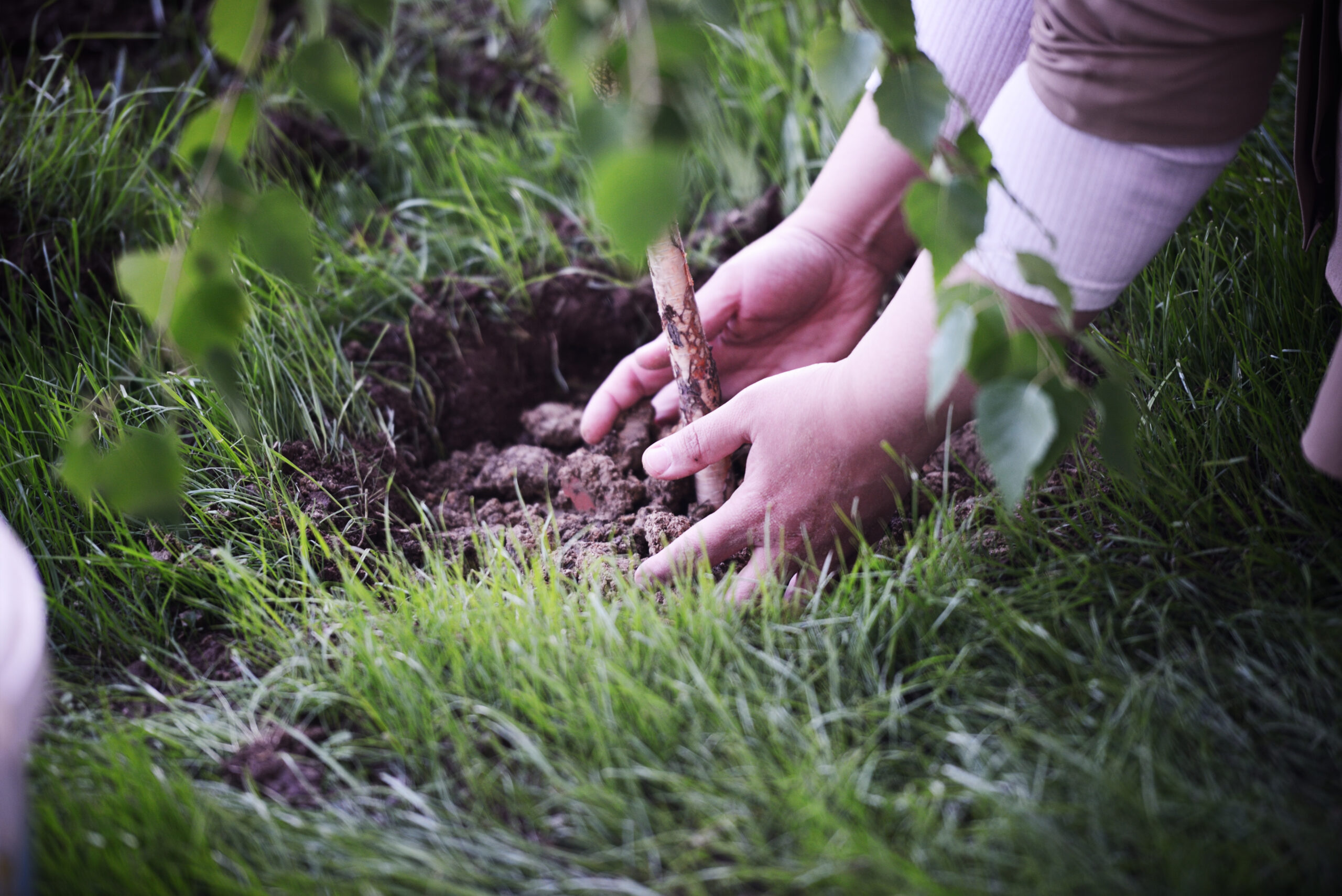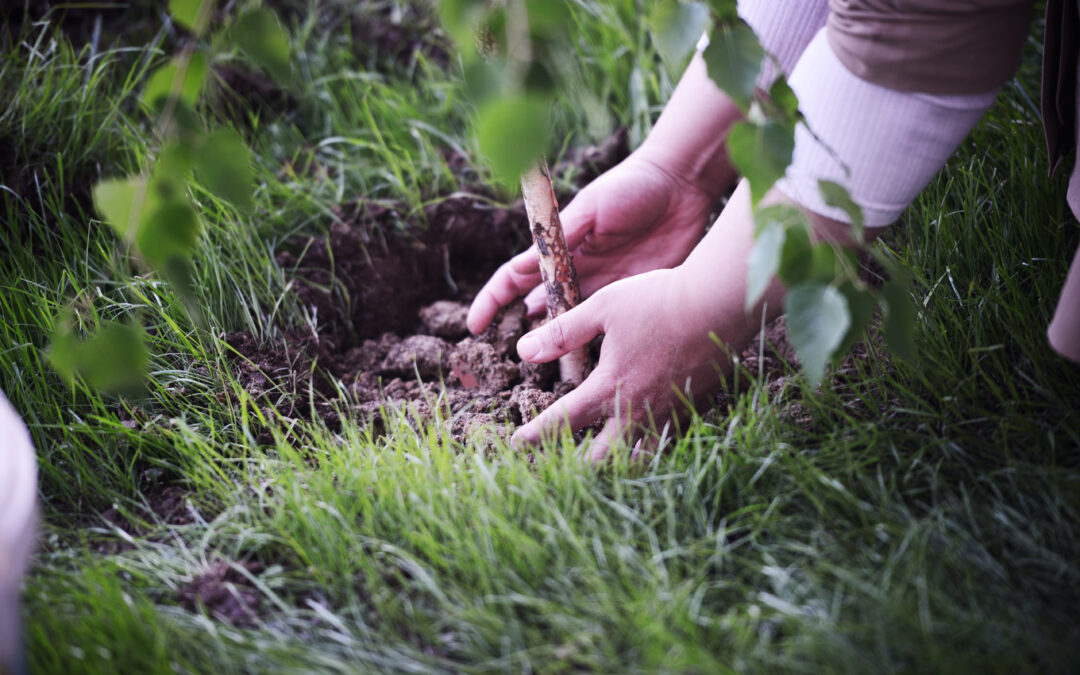Organic gardening is a fulfilling hobby that can provide you with fresh, healthy produce while also promoting sustainability and environmental consciousness. In this blog post, we will explore the benefits of growing your own food, how to start an organic garden, and common mistakes to avoid when starting out.
Introduction to Organic Gardening
Organic gardening involves growing plants without the use of synthetic fertilizers or pesticides. Instead, natural methods such as composting, crop rotation, and companion planting are used to maintain soil health and control pests. By using these techniques, you can grow delicious fruits and vegetables that are free from chemicals and genetically modified organisms (GMOs).
The Benefits of Growing Your Own Food
There are many reasons why people choose to grow their own food. Here are just a few benefits:
Freshness: Homegrown produce is often harvested at peak ripeness, which means it tastes better than store-bought produce.
Nutrition: Many studies have shown that homegrown produce contains higher levels of nutrients than conventionally grown crops.
Sustainability: Organic gardening practices promote sustainable agriculture by reducing waste and conserving resources.
Cost savings: While there may be some initial costs associated with setting up an organic garden, once established, it can save money on groceries over time.
How to Start an Organic Garden
Starting an organic garden requires planning and preparation. Here are some steps to get started:
1. Choose the right location: Select an area in your yard that receives plenty of sunlight and has good drainage. If possible, choose a spot near a water source for easy access.
2. Prepare the soil: Remove any existing turf or landscaping materials and dig down into the soil to loosen it up. Add compost and other amendments to improve soil structure and nutrient content.
3. Plan your garden layout: Decide what types of crops you want to grow and plan out your garden beds accordingly. Consider spacing requirements and make sure to leave enough room between plants for airflow.
4. Plant your seeds or seedlings: Follow recommended planting guidelines based on the type of crop you’re growing. Be sure to keep the soil moist but not too wet until your plants establish themselves.

5. Maintain your garden: Keep an eye out for pests and diseases and take appropriate measures to manage them naturally. Regularly check on your plants and adjust irrigation as needed.
Common Mistakes to Avoid When Starting an Organic Garden
While organic gardening can be rewarding, there are several common mistakes that new gardeners should watch out for:
1. Overwatering: Too much water can lead to root rot and other problems. Make sure to follow recommended irrigation schedules and adjust as necessary based on weather conditions.
2. Underfeeding: Plants need nutrients to thrive, so don’t forget to add compost and other amendments regularly.
3. Not controlling pests: Failing to manage pests like insects and rodents can cause significant damage to your garden. Use natural remedies like neem oil or companion planting to prevent infestations.
Conclusion
In conclusion, growing your own food through organic gardening can be a fun and satisfying experience. With careful planning and attention to detail, you can create a beautiful and productive garden that provides you with fresh, healthy produce all season long.



